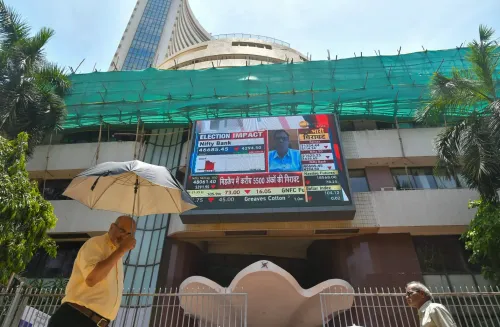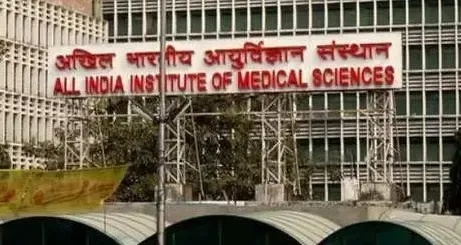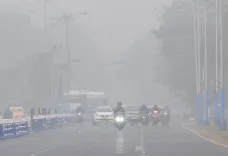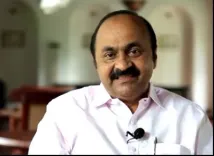Is BOK set to reduce 2025 growth forecast to under 1%?
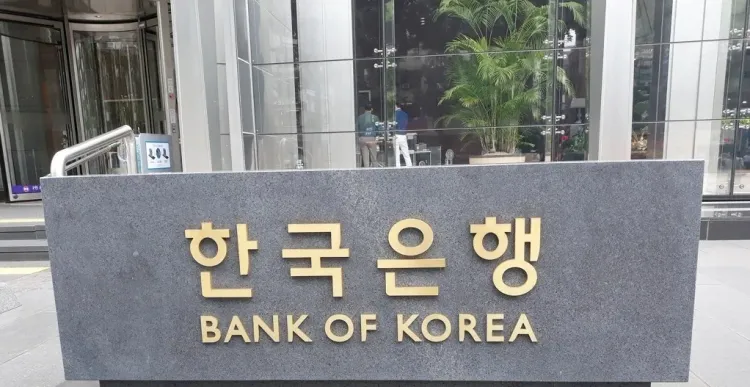
Synopsis
Key Takeaways
- BOK may cut 2025 growth forecast to below 1%.
- Political instability and U.S. tariffs pose challenges.
- Estimates suggest a need for a fiscal package of 10 to 30 trillion won.
- Real GDP shrank 0.2% in Q1.
- Experts urge action to stimulate corporate investment.
Seoul, May 25 (NationPress) The central bank of South Korea is anticipated to reduce its 2025 growth forecast this week to below 1 percent due to weak domestic consumption and uncertainties arising from fluctuating US trade policies, experts indicated on Sunday.
The Bank of Korea (BOK) is expected to adjust its gross domestic product (GDP) growth estimate from the existing 1.5 percent to approximately 1 percent or less in its forthcoming rate-setting assembly on Thursday, as highlighted in a recent survey by Yonhap News Agency involving seven economists.
Continuing domestic political instability, coupled with tariff alterations driven by the U.S., is exacerbating challenges for Asia's fourth-largest economy, which is already facing a slowdown, they noted, as reported by Yonhap News Agency.
Experts cautioned that the tariff shock initiated by the United States might reduce South Korea's growth rate by as much as 0.5 percentage points this year.
Shinhan Securities and Kiwoom Securities predict the BOK will reduce its growth projection to 1 percent, while Nomura Securities anticipates a more significant cut to 0.8 percent, citing factors like weak consumer spending, a prolonged slump in the construction sector, and declining vehicle exports due to U.S. tariffs.
The Korea Development Institute (KDI) and the Korea Institute of Finance (KIF) also predict the BOK will revise its outlook to between 0.8 and 0.9 percent.
Conversely, the Hyundai Research Institute presented a more optimistic perspective, claiming the impact on growth would be limited if U.S. tariffs are maintained around 10 percent.
"South Korea competes with other nations in the U.S. market, and 10 percent is nearly the minimum," the brokerage stated.
Despite varying growth projections, analysts concurred on the necessity for a substantial supplementary budget to invigorate corporate investment and consumer expenditure. They estimated a fiscal package ranging from 10 to 30 trillion won would be suitable to assist in revitalizing the economy.
South Korea's real GDP contracted by 0.2 percent in the first quarter compared to the previous three months.
This unexpected decline was partly due to political instability following the brief imposition of martial law by former President Yoon Suk Yeol on December 3, who was removed from office on April 4.



